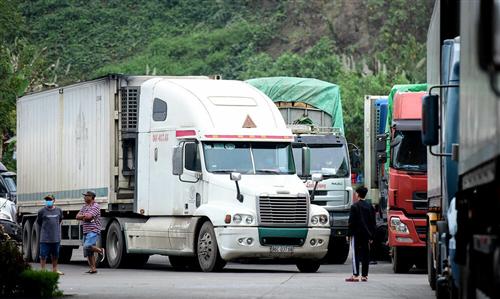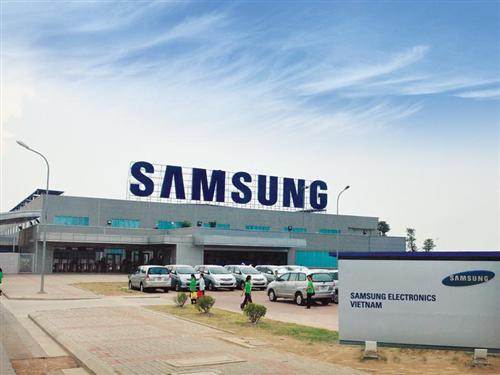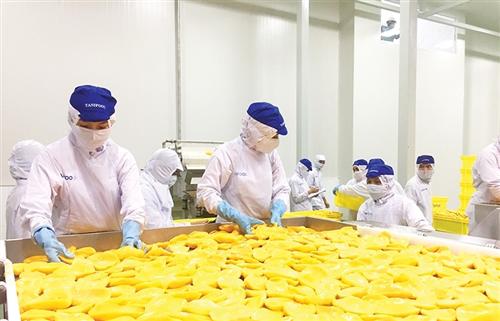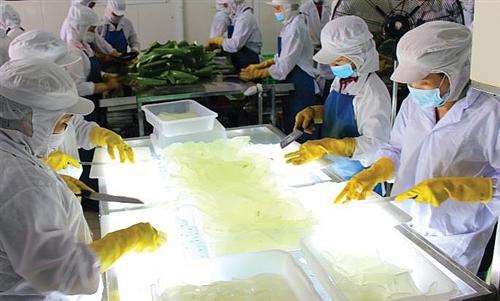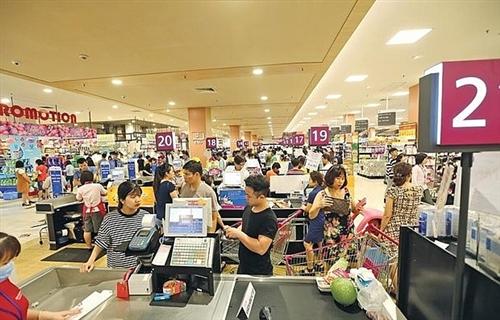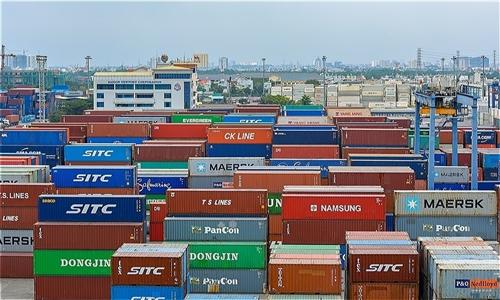Automakers hit a bump as coronavirus breaks supply chain
Automakers hit a bump as coronavirus breaks supply chain
Vietnamese automakers are scrambling to find auto parts as the coronavirus outbreak disrupts their supply chain and slashes sales.
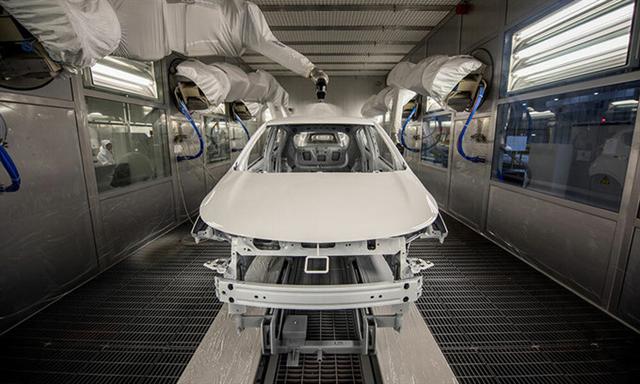
A car body is painted in an auto factory in Hai Phong City, northern Vietnam. Photo by VnExpress/Minh Tuan.
|
Hung, an automaker in Hanoi’s neighboring province of Hung Yen, typically sells 1,000 trucks a month, but the figure has dropped by half since the outbreak.
He said the sales plunge was caused mainly by difficulties in importing materials and parts from China.
His factory has enough materials to operate for another month, production lines will have to be shut down after if the situation does not improve, he said.
A plan to launch a new truck model in the second quarter could be delayed indefinitely if current shortages persist, he added.
Vietnam imported almost $4 billion worth of car parts last year, mostly from South Korea (29 percent), Japan and China (both 18 percent).
As truck manufacturers import over 70 percent of parts from China, they face more challenges in sourcing as border trade activities have been limited since the outbreak.
The Ministry of Industry and Trade has forecast that most automakers will face partial shortages starting the end of this month.
Truong Thanh Hoai, head of the Department of Industry, said that sourcing from alternative markets would be a challenge as Vietnamese manufacturers are familiar with the technical standards of Chinese parts.
Other markets like South Korea and Japan are also struggling with the outbreak, and Indian traders have being very careful, taking precautions over fears of coronavirus contagion, he added.
The CEO of a truck manufacturer in Ho Chi Minh City said that he has been unable to import parts from China since the outbreak, and might have to suspend a plan to launch three new models this year.
His factory now has a month’s inventory left before operations will have to cease.
"I think Chinese factories will not resume operation for at least two more months and it will take them another month to produce enough parts to meet orders."
The difficulties of Vietnamese auto manufacturers, which go in tandem with those of global auto firms, reflect the damage the outbreak has inflicted on Vietnam’s manufacturing industry, which accounts for 20 percent of GDP.
Industrial production growth could fall 2.3 percentage points this year due to limited imports of parts from China, knocking 0.5 percentage points off GDP growth, according to a forecast by management fund VinaCapital.
Officials have proposed that the government conducts trade negotiations with provinces in China to resume trade with protective measures to contain the spread of the virus.
But for the long term, there needs to be more tax incentives for locally-produced cars to ensure sustainability of the industry, they say.
Vietnam's car sales last year rose 12 percent from 2018 to 322,322 units, according to the Vietnam Automobile Manufacturers Association.



